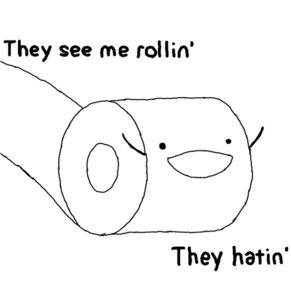A level Chemistry (2.2 Electrons, Bonding and Structure) Flashcards on Electronic Structure, created by Yinka F on 19/02/2018.
Pinned to
7
0
0
No tags specified

|
Created by Yinka F
almost 7 years ago
|
|
Close


